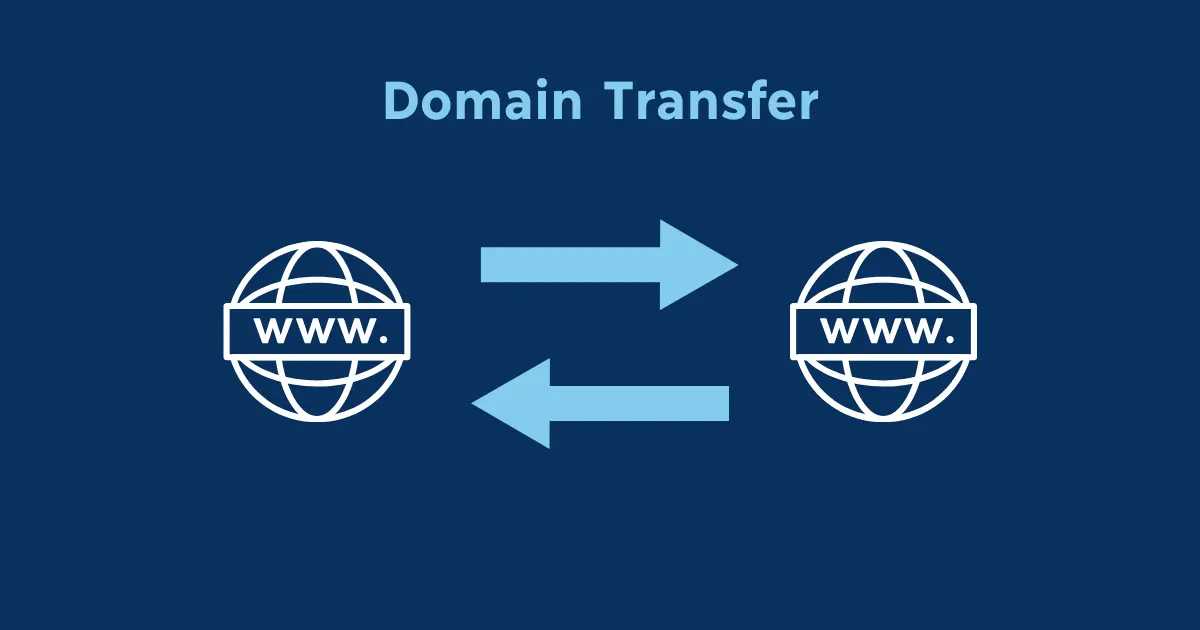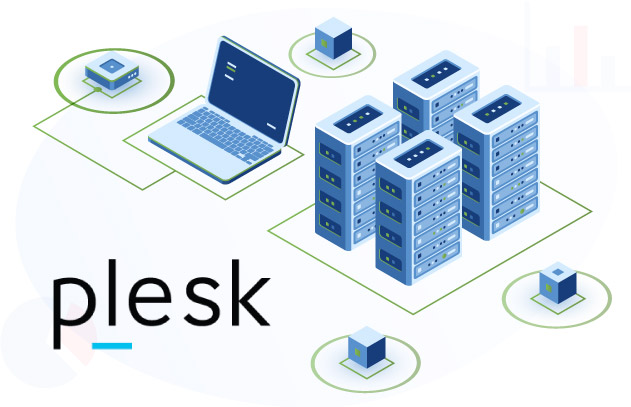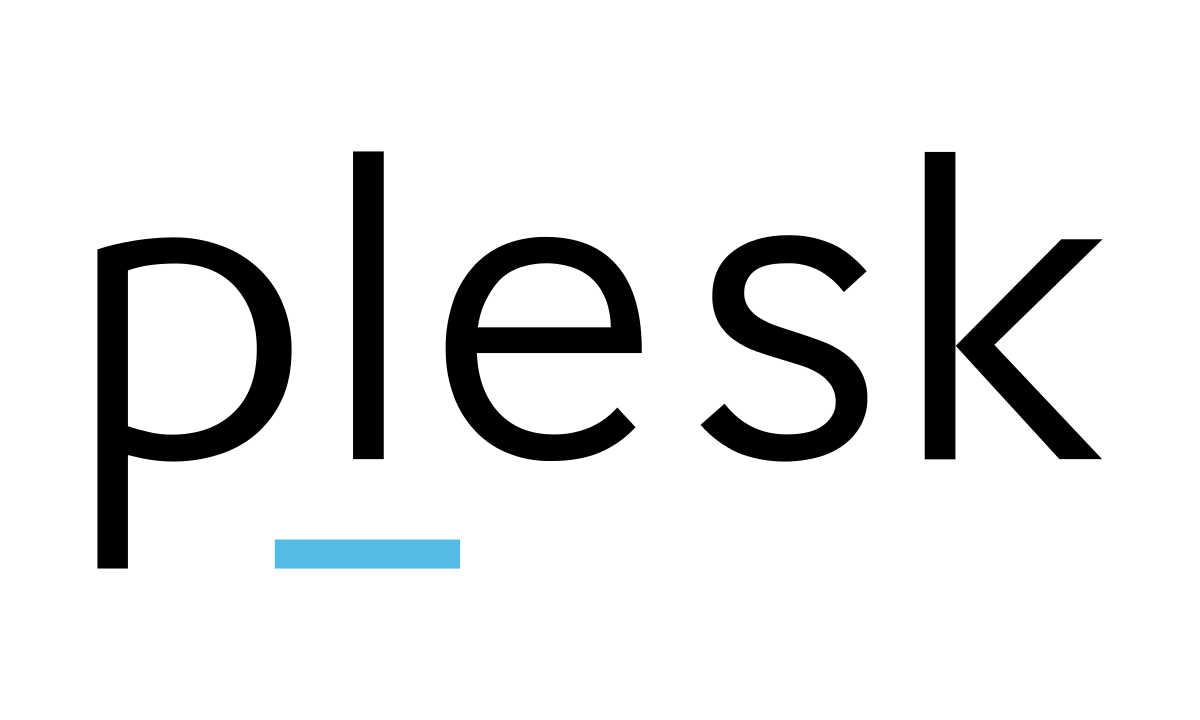VPN vs VPS ~ It’s easy to confuse VPN with VPS, but they’re entirely different services. In this post, we’ll discuss the differences between a VPN and VPS, as well as the benefits of each. Then let’s dive into the difference between VPN and VPS.
Table of Contents
What is a VPS?
A VPS, or Virtual Private Server, is a virtualized server environment created within a physical server infrastructure. It’s a type of web hosting where a single physical server is divided into multiple virtual servers, each functioning as an independent server with its own dedicated resources, operating system, and configurations.
How does a VPS work?
Here’s how it works:
- Virtualization Technology: The physical server is partitioned using virtualization software such as VMware, KVM, or Hyper-V. This allows for the creation of multiple isolated virtual environments within the same physical server.
- Resource Allocation: Each VPS is allocated a portion of the server’s resources, including CPU power, RAM, storage space, and bandwidth. These resources are dedicated solely to the VPS and are not shared with other virtual servers on the same physical machine.
- Isolation: VPS instances are isolated from each other, meaning that activities or issues on one VPS do not affect the performance or stability of others. This isolation provides better security, stability, and reliability compared to shared hosting environments.
- Customization and Control: VPS users have root access or administrative control over their virtual server, allowing them to install and configure software, modify server settings, and manage their hosting environment according to their specific requirements.
- Scalability: VPS hosting offers scalability, allowing users to easily upgrade or downgrade their resources as needed to accommodate changes in website traffic, application requirements, or business growth.
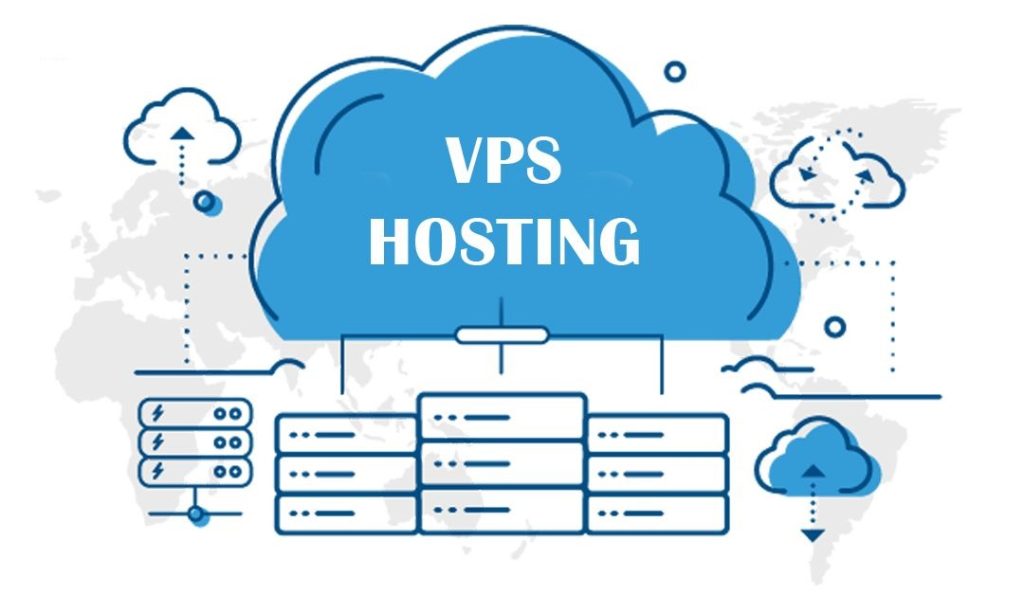
Pros and cons of a VPS
Here are the pros and cons of using a VPS:
Pros:
- Increased Performance: VPS hosting typically offers higher performance compared to shared hosting since resources such as CPU, RAM, and storage are dedicated to individual VPS instances, ensuring consistent performance even during peak traffic periods.
- Customization and Control: Users have full root access or administrative control over their VPS environment, allowing them to install custom software, configure server settings, and optimize performance according to their specific requirements.
- Scalability: VPS hosting is highly scalable, allowing users to easily upgrade or downgrade their resources (such as CPU, RAM, and storage) as needed to accommodate changes in website traffic, application demands, or business growth.
- Isolation and Security: VPS instances are isolated from each other, providing enhanced security and stability. Activities or issues on one VPS do not affect the performance or security of others, reducing the risk of security breaches and downtime.
- Reliability: VPS hosting offers better reliability compared to shared hosting since resources are dedicated to individual VPS instances. This reduces the likelihood of performance bottlenecks or server crashes caused by other users on the same server.
Cons:
- Cost: VPS hosting is more expensive than shared hosting, as users pay for the dedicated resources allocated to their VPS instance. However, it is generally more affordable than dedicated server hosting.
- Technical Expertise Required: Managing a VPS requires technical expertise in server administration, software installation, security configuration, and troubleshooting. Users need to have knowledge of operating systems, web servers, databases, and networking to effectively manage their VPS environment.
- Server Maintenance: Users are responsible for managing and maintaining their VPS environment, including installing software updates, security patches, and monitoring server performance. This requires time, effort, and ongoing maintenance to ensure the server remains secure and optimized.
- Limited Resources: While VPS hosting offers dedicated resources, the allocated resources are still shared among multiple VPS instances on the same physical server. High resource utilization by other VPS instances can impact the performance of neighboring VPS environments.
- Potential Performance Bottlenecks: Since VPS instances share physical server resources, performance may be affected during periods of high traffic or resource-intensive tasks. However, this is less common compared to shared hosting environments.
Overall, VPS hosting is a popular choice for individuals and businesses that require more control, flexibility, and reliability than shared hosting, but do not need the full resources of a dedicated server. It offers a balance between performance, affordability, and scalability for hosting websites, web applications, and other online services.
Why you need a VPS
There are several reasons why you might need a VPS (Virtual Private Server) for your website, application, or online project:
- Performance: If your website or application receives moderate to high traffic, a VPS can provide better performance compared to shared hosting. With dedicated resources allocated to your VPS instance, you can ensure consistent performance even during peak traffic periods.
- Customization: A VPS gives you full root access or administrative control over your server environment, allowing you to install custom software, configure server settings, and optimize performance according to your specific requirements. This level of customization is not typically available with shared hosting.
- Scalability: VPS hosting is highly scalable, allowing you to easily upgrade or downgrade your resources (such as CPU, RAM, and storage) as needed to accommodate changes in website traffic, application demands, or business growth. This flexibility ensures that your hosting environment can adapt to your evolving needs over time.
- Security: VPS instances are isolated from each other, providing enhanced security compared to shared hosting environments where multiple users share the same server resources. With your own virtual server environment, you have greater control over security settings, software configurations, and access permissions, reducing the risk of security breaches and unauthorized access.
VPS is a suitable choice for individuals and businesses that require more control, flexibility, performance, and security than shared hosting, but do not necessarily need the full resources and cost of a dedicated server. It offers a balance between affordability and functionality, making it a popular hosting solution for a wide range of online projects and applications.
What is a VPN?
A VPN, or Virtual Private Network, is a technology that creates a secure and encrypted connection over a less secure network, such as the internet. It allows users to securely connect to a private network from a remote location, effectively masking their online identity and encrypting their internet traffic.
How does a VPN work?
Here’s how a VPN works:
- Encryption: When you connect to a VPN server, all data transmitted between your device and the VPN server is encrypted. This encryption ensures that even if someone intercepts your internet traffic, they won’t be able to decipher its contents.
- Tunneling: VPNs use a process called tunneling to create a secure pathway for your data to travel between your device and the VPN server. This tunnel prevents outside entities, such as hackers or government agencies, from intercepting or tampering with your data.
- IP Address Masking: When you connect to a VPN server, your device is assigned a new IP address from the VPN server’s network. This effectively masks your real IP address, making it appear as though you are browsing the internet from a different location. This helps protect your privacy and anonymity online.
- Bypassing Geographical Restrictions: VPNs can be used to bypass geographical restrictions imposed by websites or streaming services. By connecting to a VPN server located in a different country, you can access content that may be restricted or blocked in your region.
- Enhanced Privacy and Security: VPNs provide an additional layer of privacy and security for your internet connection. They protect your data from eavesdropping, surveillance, and hacking attempts, especially when using public Wi-Fi networks or accessing sensitive information online.
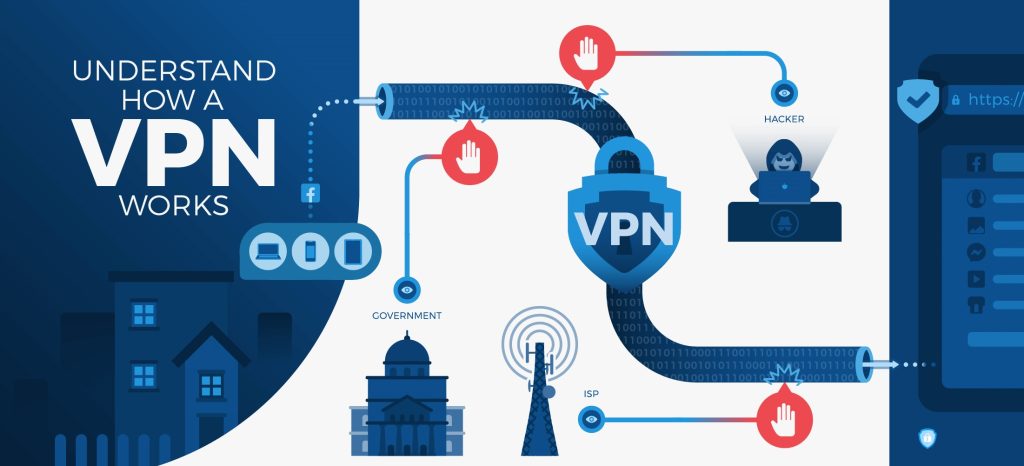
Pros and cons of a VPN
Here are the pros and cons of using a VPN:
Pros:
- Enhanced Security: VPNs encrypt your internet traffic, making it unreadable to hackers, government agencies, and other third parties. This protects your sensitive data, such as passwords, credit card information, and personal messages, from interception and eavesdropping.
- Privacy Protection: By masking your IP address and encrypting your internet traffic, VPNs help preserve your online privacy. They prevent your internet service provider (ISP), websites, and advertisers from tracking your online activities and location.
- Access to Restricted Content: VPNs allow you to bypass geographical restrictions and access websites, streaming services, and online content that may be blocked or restricted in your region. By connecting to a VPN server in a different country, you can appear as though you’re browsing from that location, unlocking access to geo-blocked content.
- Safe Public Wi-Fi: VPNs provide a secure connection even on public Wi-Fi networks, such as those in cafes, airports, and hotels. This protects you from potential risks associated with unsecured Wi-Fi, such as Wi-Fi sniffing, malicious attacks, and data theft.
- Anonymity and Freedom: VPNs enable you to browse the internet anonymously, without revealing your real IP address or location. This allows you to exercise your online freedom and express yourself without fear of censorship, surveillance, or tracking.
Cons:
- Reduced Speed: Encrypting and routing your internet traffic through a VPN server can result in slower internet speeds compared to a direct connection, especially if the VPN server is located far away or is experiencing high traffic.
- Cost: While some VPN services offer free plans, premium VPNs typically require a subscription fee. This cost may deter some users, especially if they’re only looking for basic VPN functionality.
- Trust Issues: Not all VPN providers are trustworthy, and some may log and monetize your online activities or share your data with third parties. It’s essential to choose a reputable VPN provider that prioritizes user privacy and security.
- Compatibility Issues: Certain applications or services may not work properly when connected to a VPN, especially if they rely on detecting your real IP address or location. Additionally, some websites and online services actively block VPN traffic, limiting their accessibility.
- Legal Concerns: While using a VPN is legal in most countries, some governments impose restrictions or regulations on VPN usage. It’s essential to familiarize yourself with the laws and regulations governing VPN usage in your region to avoid potential legal issues.
Overall, while VPNs offer numerous benefits in terms of security, privacy, and online freedom, it’s essential to consider their limitations and potential drawbacks before using them. Choosing a reputable VPN provider and understanding how to use a VPN safely and responsibly can help maximize the benefits while minimizing the risks.
Why you need a VPN?
There are several reasons why you might need a VPN (Virtual Private Network):
- Enhanced Security: VPNs encrypt your internet traffic, making it virtually impossible for hackers, government agencies, or other third parties to intercept and decipher your data. This is particularly crucial when using unsecured public Wi-Fi networks, where your data could be vulnerable to eavesdropping and cyber attacks.
- Privacy Protection: VPNs mask your IP address and obscure your online activities from your internet service provider (ISP), websites, advertisers, and other entities that may be tracking your browsing behavior. This helps preserve your online privacy and anonymity, reducing the risk of surveillance, targeted advertising, and identity theft.
- Bypassing Geographical Restrictions: Many websites, streaming services, and online content are geo-blocked, meaning they’re only accessible from certain countries or regions. By connecting to a VPN server located in a different country, you can bypass these restrictions and access restricted content as though you were browsing from that location.
- Secure Remote Access: If you frequently work remotely or need to access sensitive company resources from outside the office, a VPN can provide a secure and encrypted connection to your company’s internal network. This ensures that your data remains protected while accessing corporate resources, such as files, email, and applications, from remote locations.
- Torrenting and P2P File Sharing: VPNs provide a secure and anonymous way to engage in torrenting and peer-to-peer (P2P) file sharing activities. By masking your IP address and encrypting your internet traffic, VPNs help protect your privacy and anonymity while downloading or sharing files through torrent networks.
A VPN is a valuable tool for anyone looking to enhance their online security, privacy, and freedom. Whether you’re concerned about protecting your personal data, accessing geo-blocked content, or securing your internet connection while traveling, a VPN can provide peace of mind and ensure that your online activities remain private and secure.
What’s the difference between a VPN and VPS?
The main difference between a VPN (Virtual Private Network) and a VPS (Virtual Private Server) lies in their purposes and functionalities:
VPN (Virtual Private Network): A VPN is primarily a service that encrypts and routes your internet traffic through a secure tunnel to a remote server, providing you with online privacy, security, and anonymity. Here are some key points about VPNs:
- Purpose: VPNs are used to create a secure and encrypted connection over a less secure network, such as the internet. They protect your data from interception, surveillance, and hacking attempts, especially when using public Wi-Fi networks or accessing sensitive information online.
- Functionality: When you connect to a VPN server, your internet traffic is encrypted and routed through the VPN server before reaching its destination. This masks your IP address, obscures your online activities, and protects your data from being intercepted or monitored by third parties.
- Usage: VPNs are commonly used by individuals, businesses, and organizations to enhance online security, privacy, and freedom. They allow users to bypass geographical restrictions, access blocked content, protect personal information, and secure remote connections to corporate networks.
VPS (Virtual Private Server): A VPS, on the other hand, is a virtualized server environment created within a physical server infrastructure. It allows users to deploy and manage virtual servers with dedicated resources, operating systems, and configurations. Here are some key points about VPS:
- Purpose: VPS hosting is used to host websites, applications, and online services in a secure and isolated server environment. Each VPS instance operates as an independent virtual server with its own dedicated resources, providing users with more control, flexibility, and scalability compared to shared hosting.
- Functionality: VPS instances are created by partitioning a physical server into multiple virtual servers, each with its own operating system, resources, and configurations. Users have full administrative control over their VPS environment, allowing them to install custom software, configure server settings, and manage their hosting environment autonomously.
- Usage: VPS hosting is commonly used by businesses, web developers, and website owners who require more control, flexibility, and reliability than shared hosting but do not need the full resources of a dedicated server. It offers a cost-effective solution for hosting websites, web applications, e-commerce platforms, and development environments.
In summary, while both VPNs and VPSs involve virtualization and privacy, they serve distinct purposes: VPNs focus on encrypting and securing internet connections, while VPSs provide virtualized server environments for hosting websites and applications.
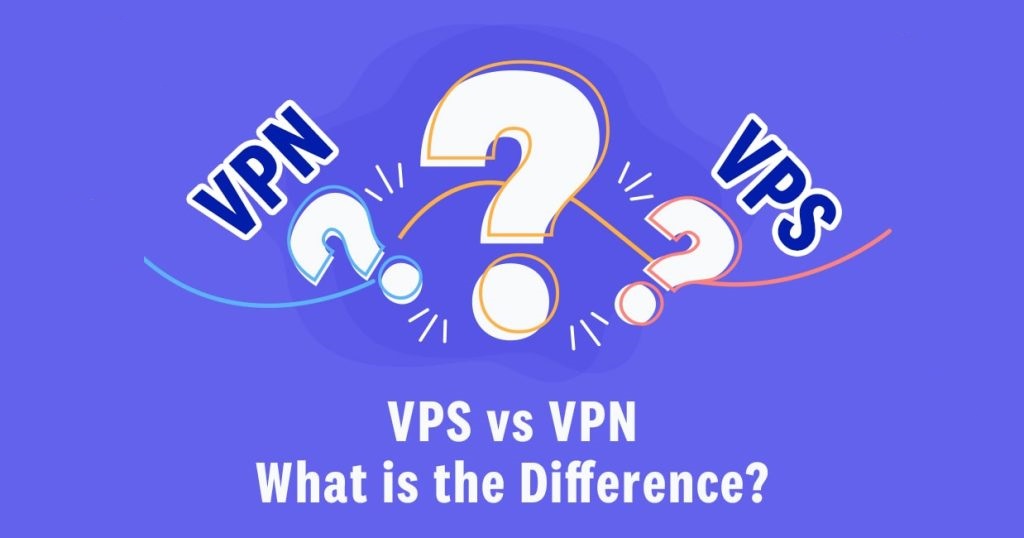
VPN vs VPS: which one is right for me?
Choosing between a VPN (Virtual Private Network) and a VPS (Virtual Private Server) depends on your specific needs, requirements, and priorities. Choose a VPN if you prioritize online privacy, security, and bypassing geographical restrictions, while choose a VPS if you require more control, flexibility, dedicated resources, scalability, reliability, and stability for hosting websites, applications, or online services.
